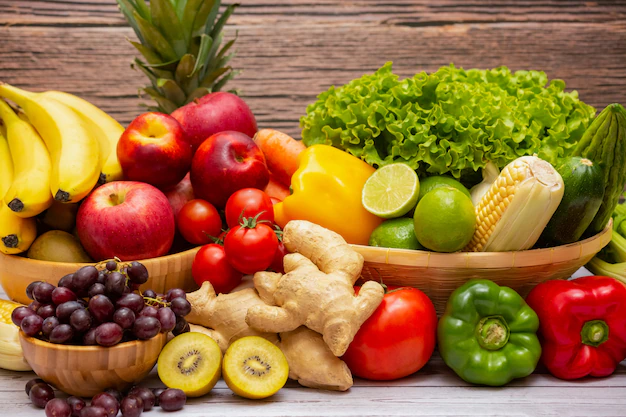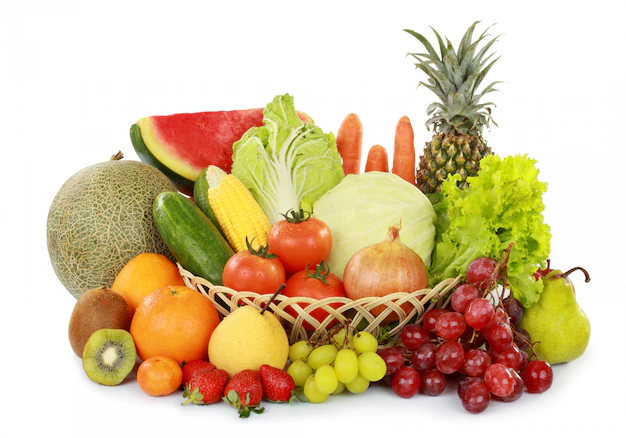Cold sores, also known as fever blisters, are small, painful, fluid-filled blisters that typically appear on or around the lips, though they can also occur on the nose, chin, or cheeks. They are caused by the herpes simplex virus (HSV-1) and are highly contagious. Exploring the causes, symptoms, and effective management of cold sores can help individuals better understand and cope with this common viral infection.

a balanced diet rich in certain nutrients and vitamins may contribute to supporting the immune system, which plays a role in managing the cold sores.
Table of Contents
Causes of Cold Sores
Cold sores are primarily caused by the herpes simplex virus type 1 (HSV-1). This virus is highly contagious and spreads through direct contact with an infected person, usually through saliva or skin-to-skin contact. Once infected, the virus remains dormant in the body and can be triggered by various factors, such as:
- Stress or fatigue
- Weakened immune system
- Hormonal changes
- Sun exposure or extreme weather conditions
- Illness or fever
Symptoms of Cold Sores
- Small, painful, fluid-filled blisters on or around the lips
- Tingling or itching sensation before the appearance of blisters
- Swelling, redness, or soreness in the affected area
- Oozing and crusting over of the blisters before healing
Management and Treatment
While there is no cure for the herpes simplex virus, several management strategies can help alleviate symptoms and promote healing:
- Antiviral Medications:
- Over-the-counter or prescription antiviral medications (creams, ointments, or pills) can help reduce the severity and duration of cold sore outbreaks if used at the first signs of symptoms.
- Topical Treatments:
- Applying over-the-counter creams or ointments containing ingredients like docosanol or benzyl alcohol can help relieve pain and promote healing.
- Pain Relief:
- Over-the-counter pain relievers such as ibuprofen or acetaminophen can help alleviate discomfort associated with cold sores.
- Avoid Triggers:
- Identify and avoid factors that trigger cold sore outbreaks, such as stress, excessive sun exposure, or certain foods.
- Keep the Area Clean:
- Gently clean the cold sore area with mild soap and water to prevent secondary bacterial infections.
Prevention
Preventing the spread of cold sores involves taking certain precautions:
- Avoid Close Contact: Refrain from kissing or sharing utensils, towels, or personal items with individuals experiencing an active outbreak.
- Good Hygiene Practices: Wash hands frequently, especially after touching cold sores, to prevent spreading the virus to other parts of the body or to other people.
- Sun Protection: Use lip balms or creams with sun protection factor (SPF) to shield the lips from sun exposure, which can trigger outbreaks.
Certain foods may help support the immune system and potentially reduce the risk of cold sore outbreaks by bolstering overall health. While no specific food can directly prevent cold sores, a balanced diet rich in certain nutrients and vitamins may contribute to supporting the immune system, which plays a role in managing the cold sores or herpes simplex virus (HSV-1).
Here are some foods that may be beneficial
1. Foods Rich in Lysine:
- Lysine is an amino acid that may help inhibit the replication of the herpes simplex virus. Foods high in lysine include:
- Lean meats (chicken, turkey)
- Fish (particularly cod and sardines)
- Dairy products (yogurt, cheese)
- Legumes (beans, lentils)
- Eggs
2. Fruits and Vegetables:
- Vitamin C-rich foods: Citrus fruits (oranges, lemons), strawberries, kiwi, bell peppers, and broccoli are rich in vitamin C, which supports the immune system.
- Vitamin E-rich foods: Nuts (almonds, hazelnuts), seeds (sunflower seeds), and spinach are good sources of vitamin E, which has antioxidant properties.
3. Whole Grains:
- Whole grains like brown rice, whole wheat bread, oats, and quinoa provide essential nutrients and fiber that contribute to overall health.
4. Dairy and Probiotic Foods:
- Probiotic-rich foods such as yogurt with live cultures may support gut health and potentially aid in maintaining a healthy immune system.
5. Foods High in Zinc:
- Zinc is believed to play a role in immune function. Foods rich in zinc include beef, shellfish (crab, lobster), chickpeas, and pumpkin seeds.
6. Healthy Fats:
- Omega-3 fatty acids: Found in fatty fish (salmon, mackerel), flaxseeds, and walnuts, they may have anti-inflammatory properties that can support overall health.
Hydration
- Staying well-hydrated by drinking plenty of water supports overall health and may contribute to maintaining a strong immune system.
Foods to Limit or Avoid
- Arginine-rich foods: Some studies suggest that foods high in arginine, an amino acid that promotes the growth of the herpes simplex virus, may trigger cold sore outbreaks. Foods high in arginine include chocolate, nuts (especially peanuts), and seeds.
While these dietary suggestions might potentially contribute to immune support and overall health, individual responses to specific foods can vary. It’s essential to maintain a balanced diet, practice good hygiene, manage stress, and avoid known triggers to reduce the frequency and severity of cold sore outbreaks. If you have specific dietary concerns or health conditions, consulting a healthcare professional or a registered dietitian for personalized guidance is recommended.
Conclusion
Cold sores, caused by the herpes simplex virus, are a common viral infection characterized by small, painful blisters around the lips. While they are not curable, various management strategies, including antiviral medications, topical treatments, and preventive measures, can help alleviate symptoms and reduce the frequency of outbreaks. Understanding the causes, symptoms, and appropriate management options is essential in coping with cold sores and minimizing their impact on daily life. If symptoms persist or worsen, seeking advice from a healthcare professional is recommended.



